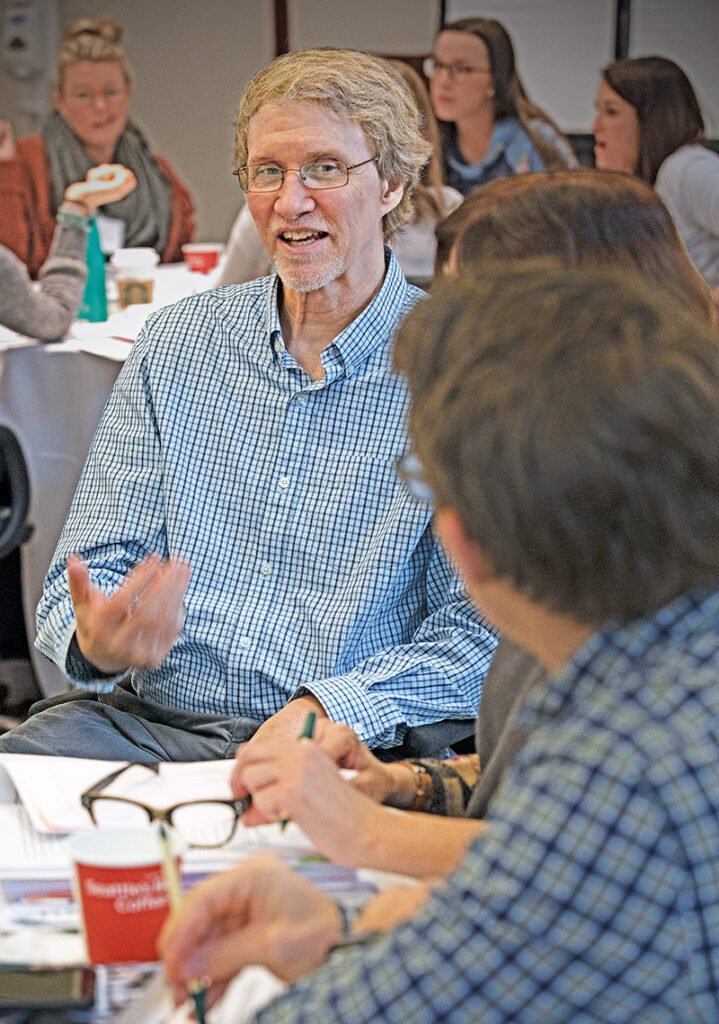A recent evaluation by a team of researchers at the Brown School at Washington University in St. Louis and other universities found that training in evidence-based public health practices improves practitioner skill levels.
"To our knowledge, this is the first long-term evaluation of evidence-based public health (EBPH) training," said Rebekah Jacob, research manager and lead author on the paper, "Long-Term Evaluation of a Course on Evidence-Based Public Health in the U.S. and Europe," published in the American Journal of Preventive Medicine.
"The EBPH course represents one important strategy for increasing the capacity, or individual skills, for evidence-based processes within public health practice," said Ross Brownson, the Steven H. and Susan U. Lipstein Distinguished Professor and senior author. "Training programs such as the EBPH course cannot be treated as one-time events - they should be funded, integrated into ongoing workforce development efforts and tailored to local priorities."

The researchers conducted five surveys of 723 course participants from 2005-2019. The EBPH training is the largest-scale effort of its kind and has included participants from all 50 states, two U.S. territories and several countries.
The most common reported benefits were identifying ways to apply knowledge in their work; acquiring new knowledge; and becoming a better leader who promotes evidence-based approaches.
Recognizing the diversity of backgrounds among the public health workforce and the need for training in evidence-based approaches to public health challenges, an EBPH course was originally developed in 1997 for state health department staff in Missouri. With support from the Centers for Disease Control and Prevention, the reach then expanded to other states and countries.
Other co-authors on the paper are: Carol Brownson, public health specialist at Washington University; Amy Eyler, associate professor at the Brown School; Anjali Deshpande, clinical associate professor of epidemiology at University of Iowa; Kathleen Gillespie, associate professor of health management and policy at Saint Louis University; Jennie Hefelfinger, director of community and environmental health at the National Association of Chronic Disease Directors; Paul Erwin, dean of the School of Public Health at the University of Alabama at Birmingham; and Marti Macchi, senior director of programs at the National Association of Chronic Disease Directors.






